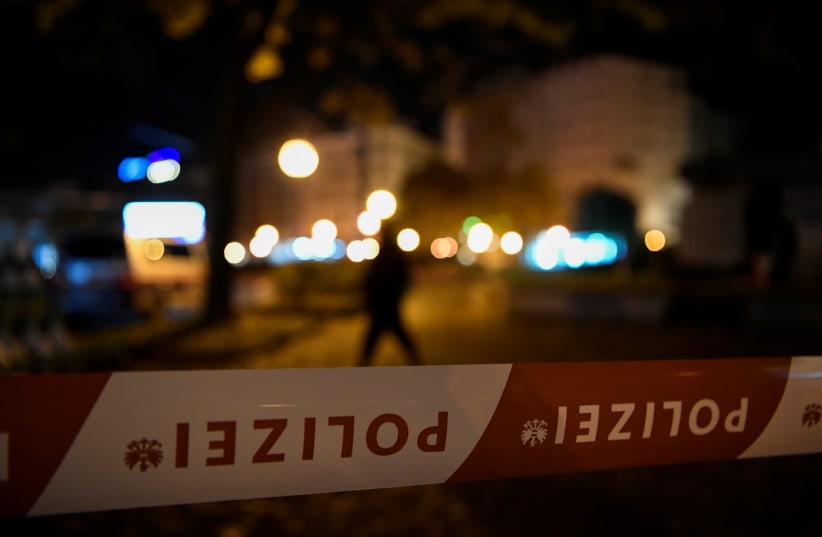On Monday he killed four people and injured 22 in what was the deadliest attack in Austria's capital for decades, moving through Vienna's inner city and shooting at passers-by for nine minutes from about 8 p.m., until he was shot dead by police.
According to witnesses, he at one point turned back to shoot one of his victims a second time.
Fejzulai, who Austrian Interior Minister Karl Nehammer said was an "Islamist terrorist," was born on the southern fringes of Vienna to Macedonian parents - he a gardener and she a shop assistant - on June 24, 2000, according to court documents seen by Austrian weekly Profil and confirmed by a court spokeswoman.
"Since puberty, the accused had massive problems at home, which also led to exposure to violence," the 2019 documents said.
By the time he was 18, he had drawn the attention of Austria's domestic intelligence agency, becoming known as a follower of jihadist ideology.
Fejzulai attempted to cross the border from Turkey into Syria in 2018 but was caught and deported to his native Austria, the country's security chief Franz Ruf said on Wednesday.
The Vienna criminal court sentenced Fejzulai to 22 months in prison in April 2019 for being a member of a terrorist organization and for spreading propaganda.
Due to his young age, he had to serve only a third of the sentence and was released in December 2019.
The court had found that Fejzulai, a soccer fan, appeared to be "open-minded and accessible," "certainly reflective and cognitively well-structured."
Little is known about his life after that, except that he took part in a de-radicalisation program, which was still ongoing when he went on his killing spree.
Nikolaus Rast, the lawyer who represented Fejzulai during that trial, said he was shocked by news of the attack, saying he would have never thought the young man was able to commit such violence.
He said he remembered his client as "a lost soul... a little boy, who is looking for his place in society, who doesn't know where to go." Rast added that he had the impression Fejzulai had found his way back to "the true values of society."
"But obviously he managed to fool us all," Rast said.
